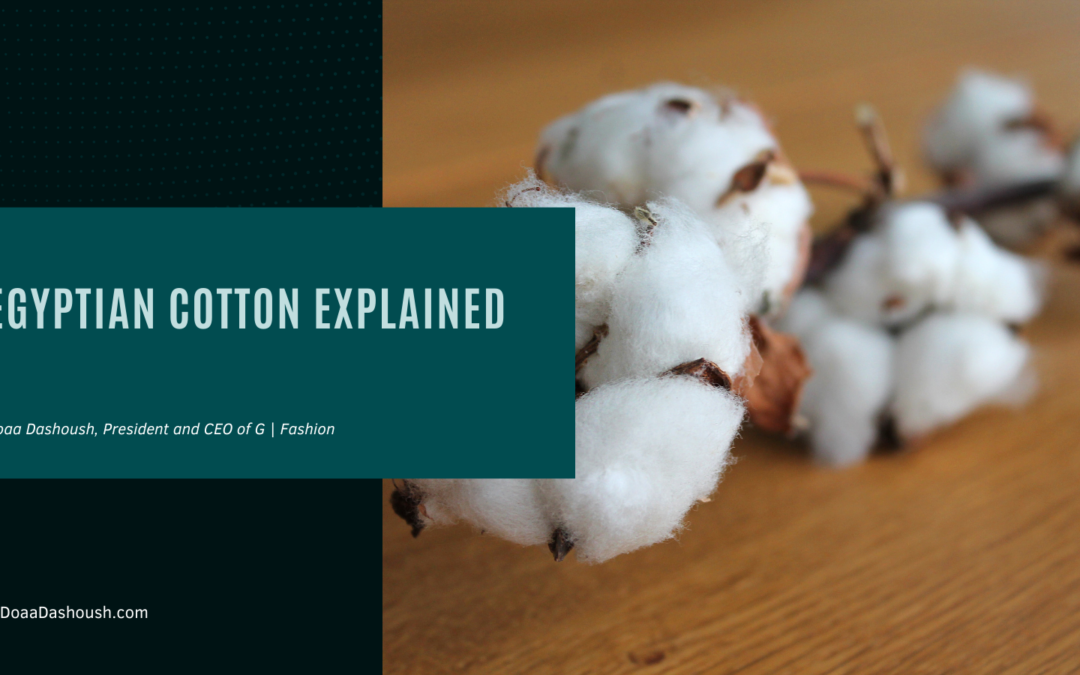If you have ever shopped for bedding, you have likely encountered the term “Egyptian Cotton.” Cotton is one of the most popular materials for textiles. However, did you know there are varieties of cotton plants that produce different kinds of fibers? This variation in fibers influences the quality of fabric made from those fibers. Egyptian cotton is a specific type of cotton most often used to make high-quality bedding. However, marketing on these products can be deceptive, so in this article, we will explore what Egyptian cotton actually is and how to ensure a product is genuine.
What Is True Egyptian Cotton?
Egyptian cotton is grown from Gossypium Barbadense, a specific species of cotton plant. This plant produces what is called extra-long-staple cotton, or ELS. Essentially, this particular plant–which is native to Egypt–happens to grow longer fibers than other cotton species. You may also be familiar with Pima Cotton, which is made from the same cotton plant species.
What Are the Benefits of Egyptian Cotton?
Due to the longer fibers produced by Gossypium Barbadense, textiles made from Egyptian cotton are generally softer and more durable than those made from regular cotton. Since the fibers are longer, fewer ends protrude from the finished material, leading to a smoother product and less pilling. When comparing bed sheets, manufacturers generally will advertise thread count as a measure of quality. While regular cotton sheets typically range from 120 to 180 threads per square inch, Egyptian cotton sheets can have as much as 1,500 threads per square inch. The denser thread count gives you a product that feels high-quality and will last for many years with proper care.
How to Make Sure a Product Is Legitimate
Unfortunately, due to the popularity of Egyptian cotton, some companies will use deceptive marketing tactics when advertising their products, labeling them as “Egyptian Cotton” while actually selling lesser-quality fabrics. There are several varieties of cotton that grow in Egypt that don’t produce ELS fibers. If you are looking for genuine Egyptian cotton sheets, make sure the product specifies long-staple cotton. Additionally, some manufacturers may mix other materials with Egyptian cotton to inflate the thread count while using less expensive material. Look for 100% ELS Egyptian Cotton for the best quality.
It might sound daunting to hunt down genuine Egyptian cotton, but it is definitely worth the investment when you find it! Now that you know what Egyptian cotton is and how to distinguish authentic products from cheaper knock-offs, you can shop for high-quality bedding more confidently.
